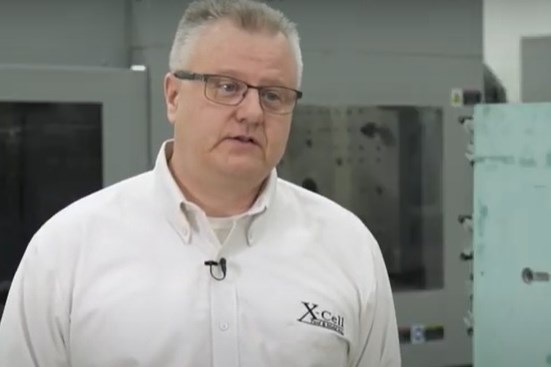Managing a Team Through an Acquisition
The operations manager for a Pennsylvania mold manufacturer shares lessons learned from a recent acquisition.

Current EAB member Brian Dippel shares best practices for moving the team through an acquisition.
Amidst concerns of work slowing down or dramatically picking up, most employees of a small mold shop feel comfortable within their work environment and even enjoy a bit of security and confidence in their career and their family’s well-being. So what happens when the owner unexpectedly calls the team together and announces he sold the shop to a large corporation?
The next phase can be scary for employees, despite ownership stating that the acquisition is a good move for the company, the new corporation is great and changes will be minimal. Even when the new owners explain their desire to continue growing the company, concerns persist.
What follows next are myriad meetings between the new owners and the team, during which they discuss expectations and concerns. This is a critical time and can offer much-needed relief to anxious employees.
Change is always difficult and met with hesitation, and that is why communication is vital.
When Sybridge Technologies acquired X-Cell Tool and Mold, our team quickly discovered that the new owners were good people with the same concerns and goals as us—wanting nothing but the best for the new company and everyone who works there. It is important to remember that the new owners are interested in buying a company because it is successful, and that success is due in large part to the team who happen to be good people as well.
The company’s existing management team needs to be the communication liaison between the new ownership and the employees. The message, in our case, was that the new owners wanted to see the business grow by taking the company to the next level, and that their team had the knowledge, expertise, financial backing and desire to make it happen alongside us.
Change is always difficult and met with hesitation, and that is why communication is vital. Then, when the team realizes the benefit of the change, the transition becomes seamless. A few immediate changes include insurance, safety protocols and paychecks. Then there are more significant changes such as transitioning from a small, privately owned shop to a corporate environment with a whole new set of terms like “division of,” “human resources,” “the chain of command,” “shareholders,” “sales pipeline” and “revenue growth.” The final change that seals the deal is the new logo on your shirt, ushering in a completely new era for the once small company.
Let’s face it: We live in a time where mergers and acquisitions are happening everywhere, and they do not need to be negative experiences. Speaking from experience, an acquisition can be a positive change. The sky is the limit with X-Cell’s new owners.
Related Content
-
The Role of Social Media in Manufacturing
Charles Daniels CFO of Wepco Plastics shares insights on the role of social media in manufacturing, how to improve the “business” side of a small mold shop and continually developing culture.
-
What is Driving Mold Lifecycle Management Digitalization?
OEMs are looking to partner with suppliers to share and track data across the supply chain for advanced intervention and process management.
-
Top 10 Topics to Cover During an ISO 9001 Manufacturing Audit
Take a look at this practical hands-on approach to conducting a quality audit.














